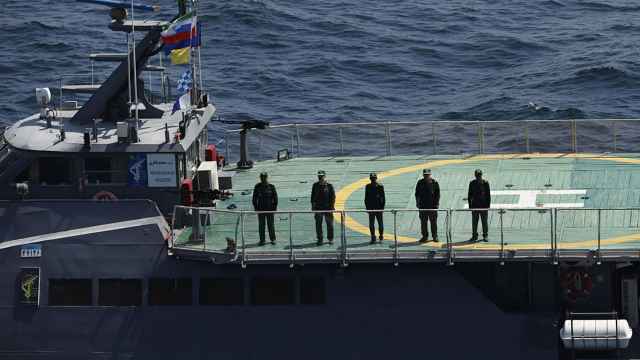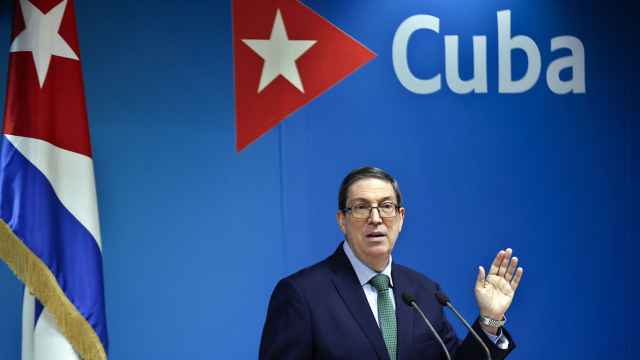As expected, President Putin signed legislation on Tuesday that officially decriminalizes several forms of domestic abuse, reclassifying “violence that doesn’t cause significant injury” as a misdemeanor.
According to criteria laid down by Russia's Health Ministry, the new law will decriminalize beatings within families that result in “minor harm,” like “small abrasions, bruises, superficial wounds, and soft-tissue damage,” though repeat offenses within a year can result in criminal prosecution.
Though the legislation was controversial in the Russian media, the bill was adopted almost unanimously in the State Duma, with 380 deputies voting in favor of the initiative and just three lawmakers voting against.
The law’s defenders say the decriminalization is necessary to avoid situations where parents might be punished more strictly for disciplining their own children than complete strangers who attack minors.
In June 2016, Putin signed legislation that decriminalized several kinds of “simple battery,” but that law made an exception for violence among “close family members,” introducing the concept of domestic abuse into Russia's criminal code. Social conservatives were aghast, however, complaining that mothers and fathers who use force to raise their kids still risked two years in prison “just for a spanking.” In his yearly press conference in late 2016, Putin sided with Russia's conservatives, saying that parents shouldn't be sent to prison just for slapping their children.
With Putin’s signature, the maximum penalty for “light” domestic violence falls from two years in prison to 15 days in jail. Perpetrators can also be fined up to 30,000 rubles ($500).
A Message from The Moscow Times:
Dear readers,
We are facing unprecedented challenges. Russia's Prosecutor General's Office has designated The Moscow Times as an "undesirable" organization, criminalizing our work and putting our staff at risk of prosecution. This follows our earlier unjust labeling as a "foreign agent."
These actions are direct attempts to silence independent journalism in Russia. The authorities claim our work "discredits the decisions of the Russian leadership." We see things differently: we strive to provide accurate, unbiased reporting on Russia.
We, the journalists of The Moscow Times, refuse to be silenced. But to continue our work, we need your help.
Your support, no matter how small, makes a world of difference. If you can, please support us monthly starting from just $2. It's quick to set up, and every contribution makes a significant impact.
By supporting The Moscow Times, you're defending open, independent journalism in the face of repression. Thank you for standing with us.
Remind me later.






